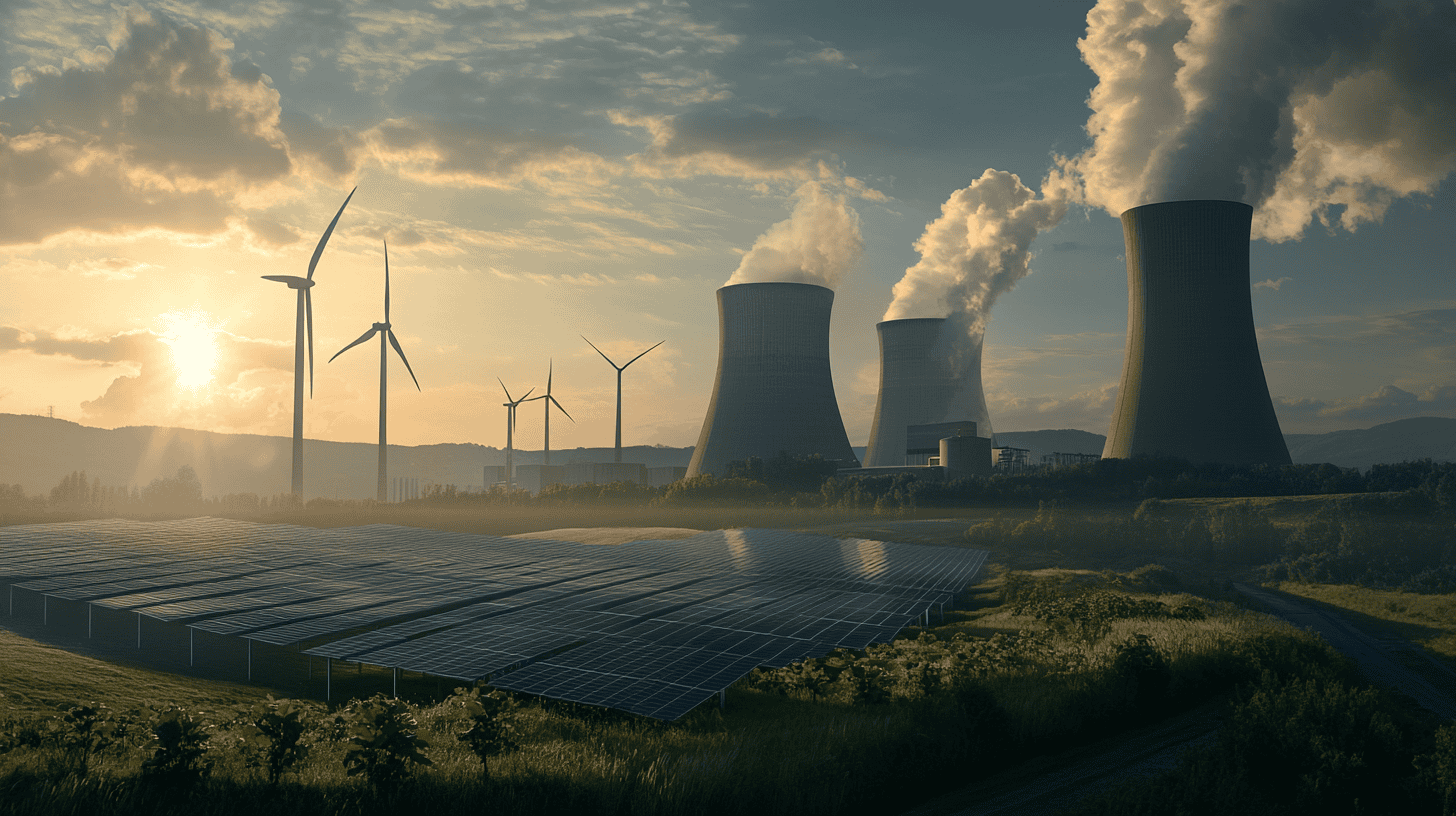
In a weekly column, alternately written by Lucien Engelen, Mary Fiers, Maarten Steinbuch, Carlo van de Weijer, and Tessie Hartjes, E52 tries to find out what the future will look like. All five contributors – sometimes accompanied by guest bloggers – are working on solving the problems of our time. Everything to make Tomorrow Good. This Sunday, it‘s Carlo van de Weijer’s turn. Here are all the previously published columns.
You can’t have missed it: this week it was the “national week without meat”. After Stoptober, the 30 days without alcohol, the walk to work day and cycle to work day, a nice new way to draw attention to a good cause, and that has been successful. The media were full of it and large supermarkets participated by putting more emphasis on their range of alternatives for meat. There are many reasons to support a meat-free week. If the whole world would eat as much meat as we are used to, there would simply not be enough surface area to grow animal feed, using the current production methods. According to the organization’s website, a week of no meat saves ‘7 months of shower water, 114 kilometres of driving a car and one happy chicken who does not have to go to slaughter’. These 114 kilometres seem to be a bit exaggerated, but okay, the order of magnitude is correct.
A vegetarian diet is not bad for humans. A little under 10% of humanity is vegetarian without any problems, in India even 30-40%. Nevertheless, I fear that our preference for meat is too deep to ever achieve a meat-free world. In evolutionary times, it was the fastest way to get energy, so it’s deep in our instincts to enjoy it.
I already wrote in my previous column that the motives of our reptilian brain will block the farewell of the car, so I expect the same to apply to a final farewell to eating meat. In the case of cars, it is anticipated that technical progress will provide a solution to most of the negative aspects, and also for meat consumption, I see light at the end of the tunnel. And that is not in the strangely called ‘animal-friendly’ meat, but in meat that was grown without animals. In 20-30 years from now, it will be hard to imagine that we were once so barbaric that we sacrificed animals for our food.
My fellow faculty member at SingularityU Netherlands Mark Post has become famous for his self-grown hamburger. Born from a stem cell of an animal, the animal simply lives on and the burger grows happily in a laboratory. It is not the only way to make meat without an animal dying. There is even a Wikipedia page with an overview of all alternatives.
The Stone Age did not end because the stones were gone but because we learned to control better materials. Likewise, the fossil era will not end because we have run out of fossil fuel, but because there will be a better alternative based on sustainably generated electricity, from which we will even make fuels again. And the era of meat will certainly not end due to a lack of animals or space to grow animal feed. But because there is more sustainable healthier and tastier meat with which no animal is affected. If you’re under 60 and are living a little healthy life, for example by eating less meat, you’re going to experience it yourself.








